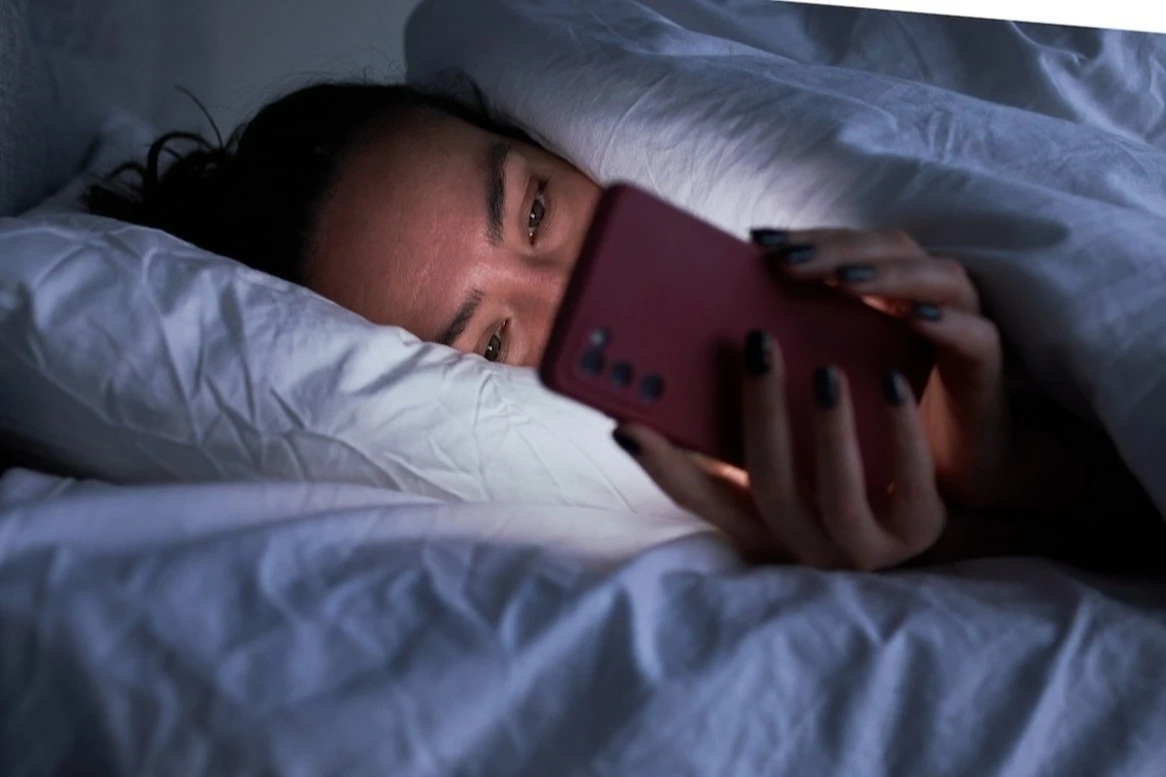Do you stay up late scrolling through social media despite your best intentions to get a good night’s sleep? Procrastination is a universal struggle that affects everyone at some point. It’s all too easy to postpone tasks in favor of more enjoyable activities, like watching a new film or diving into that book you’ve meant to read. While these diversions may seem harmless, they can significantly impact our daily lives and overall well-being. When it comes to bedtime routines, procrastination can be particularly problematic.
Delaying sleep not only affects our rest but can also exacerbate feelings of anxiety, creating a vicious cycle that’s hard to break. Understanding this link is crucial for improving both sleep habits and mental health. As you reflect on your sleep habits, consider how bedtime procrastination may impact your anxiety levels. You can improve your nightly routine and overall well-being by recognizing this link. Implementing strategies like setting a consistent bedtime, creating a relaxing pre-sleep ritual, and addressing underlying anxieties can help break the cycle.
Reasons Why People Procrastinate
 You may procrastinate to assert control over your tasks, deciding when and how to complete them. This illusion of autonomy can be comforting, even if it leads to delays. You might put off starting because the sheer magnitude of the task feels insurmountable. Breaking it down into smaller, manageable steps can help overcome this hurdle.
You may procrastinate to assert control over your tasks, deciding when and how to complete them. This illusion of autonomy can be comforting, even if it leads to delays. You might put off starting because the sheer magnitude of the task feels insurmountable. Breaking it down into smaller, manageable steps can help overcome this hurdle.
By postponing tasks, you avoid the possibility of failure. However, this fear can paralyze you from tackling new challenges and growing. Remember, even setbacks provide valuable learning experiences.
Anxiety-Based Procrastination
Anxiety and procrastination often form a vicious cycle, particularly when it comes to bedtime routines. You may find yourself putting off sleep due to uncertainty or overthinking, which in turn amplifies your anxiety. This pattern can lead to poor sleep quality and daytime fatigue, further exacerbating procrastination tendencies.
Large tasks can be especially daunting, as you might struggle to find a starting point or talk yourself out of the beginning altogether. It’s important to recognize that anxiety can manifest as anger or resentment towards tasks, disguising the underlying fear. Breaking this cycle requires understanding the link between your anxiety and procrastination habits.
Anxiety and Procrastination
Perfectionism often plagues individuals with anxiety, leading to a vicious cycle of procrastination. You may find yourself holding impossibly high standards, postponing tasks out of fear they won’t meet your exacting criteria. This perfectionist mindset frequently manifests in “should” statements, such as “I should be flawless at this, or I shouldn’t attempt it at all!”
Such self-imposed pressure can paralyze your productivity, convincing you that your efforts will inevitably fall short. Recognizing this pattern is crucial; challenging these unrealistic expectations allows you to break free from the anxiety-procrastination loop and cultivate a more balanced approach to your responsibilities.
Tips on How to Overcome Procrastination
Beating procrastination is achievable with the right strategies.
- Enhance your decision-making skills to tackle overwhelming problems more effectively.
- Break large tasks into smaller, manageable chunks to reduce anxiety and make progress.
- Try the five-minute rule: commit to working on a task for five minutes, often leading to continued productivity.
- After completing challenging tasks, reward yourself with your favorite coffee or movie night.
Implementing these techniques will boost your productivity and reduce the stress associated with procrastination, ultimately improving your overall well-being and sleep habits.
Acknowledging your anxiety is crucial when dealing with procrastination. Whether you’re experiencing anxiety about a specific project or struggling with broader anxiety symptoms, it’s important to recognize these feelings. Common signs may include a sense of impending danger or an increased heart rate. By identifying your anxiety triggers, you can take proactive steps to address them. Remember, anxiety-related procrastination is a common issue, but with self-awareness and proper strategies, you can work towards better sleep habits and overall well-being. If you’re ready to break the cycle of anxiety and procrastination and to learn more about anxiety treatment, give my office a call.